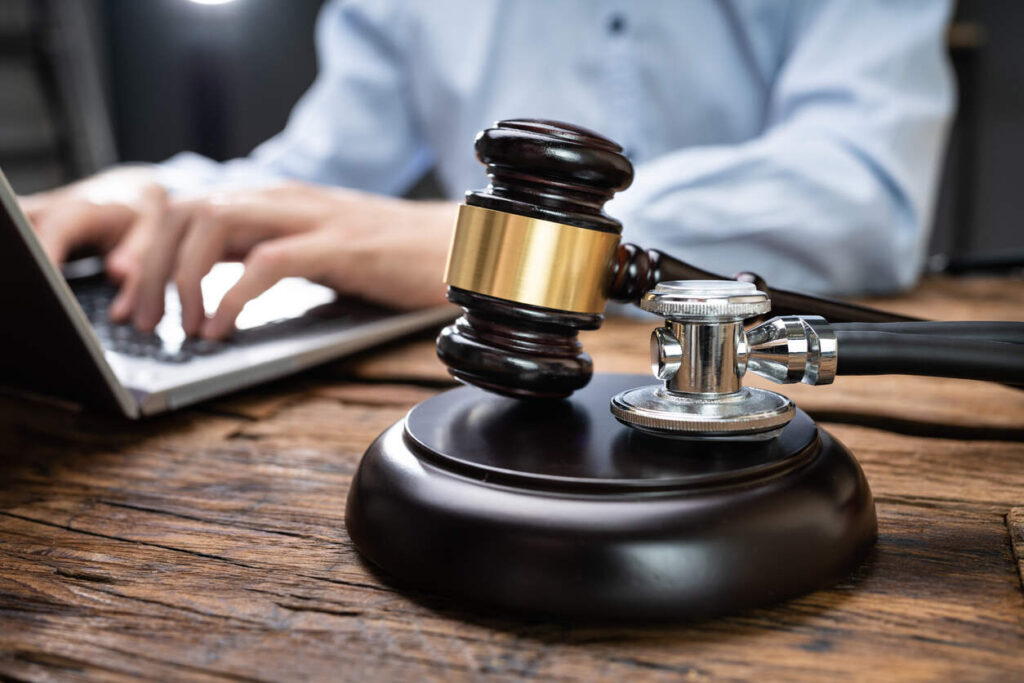What Information Will My Personal Injury Mediator Need From Me?
Thursday, August 15th, 2024When you are involved in a personal injury case, mediation can be a helpful way to resolve your dispute without going to court. At Blue Sky Mediation Center, we understand that preparing for mediation might feel overwhelming. You might wonder what information you need to provide and how to present your case effectively. In this guide, our team will walk you through the key details your mediator will need and help you feel more confident and prepared for your mediation session.

Incident Details
First and foremost, your mediator will need a clear understanding of the incident that led to your injury. This means providing a detailed account of what happened, when it occurred, and where it took place. Try to recall as many specifics as possible. Did the accident happen on a Tuesday afternoon at the intersection of Main and Oak Streets? Were you walking your dog when you slipped on an icy sidewalk outside a local business? The more precise you can be, the better your mediator can grasp the circumstances surrounding your injury.
Injury Description
It is also crucial to describe your injuries in detail. Your mediator will want to know the nature and extent of your physical harm. Did you break a bone? Suffer a concussion? Experience whiplash? Be prepared to explain how these injuries have affected your daily life. Perhaps you have had to take time off work, or you are unable to participate in activities you once enjoyed. Maybe you are dealing with ongoing pain or require regular physical therapy. These details help paint a clear picture of the impact the injury has had on your life.
Medical Records
Medical records play a vital role in supporting your case. Your mediator will need access to all relevant medical documentation. This includes initial emergency room visits, follow-up appointments, specialist consultations, and any ongoing treatment plans. Be sure to gather records of X-rays, MRIs, or other diagnostic tests you have undergone. If you have been prescribed medication or medical devices like crutches or a neck brace, include this information as well. These records serve as concrete evidence of your injuries and the medical care you have required.
Financial Information
Financial information is another crucial aspect your mediator will need to review. This encompasses medical bills related to your injury, but it goes beyond that. Have you lost wages due to time off work? Are you facing future medical expenses for ongoing treatment or rehabilitation? Don’t forget to include costs for things like transportation to medical appointments or hiring help for tasks you can no longer perform yourself. Your mediator needs a comprehensive picture of the financial burden your injury has caused.
Insurance Details
Insurance details are also important. Your mediator will need information about any relevant insurance policies, whether it is your own health insurance, the at-fault party’s liability insurance, or any other applicable coverage. Be prepared to provide policy numbers, contact information for insurance representatives, and any correspondence you’ve had with insurance companies regarding your claim.
Witness Information
If there were witnesses to the incident that caused your injury, your mediator will want to know about them. Provide names and contact information for anyone who saw what happened. If you have obtained written statements from witnesses, have these ready to share. Eyewitness accounts can be valuable in establishing the facts of the case.
Photographic and Video Evidence
Photographic or video evidence can be extremely helpful in personal injury cases. If you have pictures of the accident scene, your injuries, or property damage, make sure to provide these to your mediator. Similarly, if there is any video footage of the incident (such as from security cameras or dashcams), this can be crucial evidence to share.
Communication with Other Parties
Your mediator will also want to know about any communication you have had with the other party involved in your case. This includes direct conversations, emails, text messages, or letters. If you have received any settlement offers or had discussions about resolving the dispute, your mediator needs to be aware of these.
Timeline of Events
It is important to provide a timeline of events related to your injury. Start with the date and time of the incident and include key milestones such as when you sought medical treatment, when you reported the injury to relevant parties (like an employer or property owner) and any significant developments in your recovery process. This chronology helps your mediator understand how events unfolded and identify any potential issues with timing or reporting.
Let Us Help You
Trust in the experience of your mediator at Blue Sky Mediation Center, and approach your session with confidence, knowing you have provided all the necessary details to support your case. Get in touch with us today.

Recent Comments